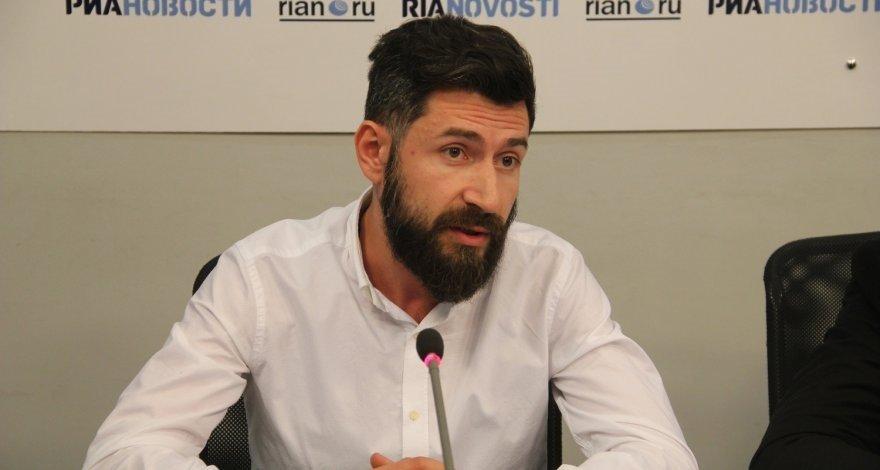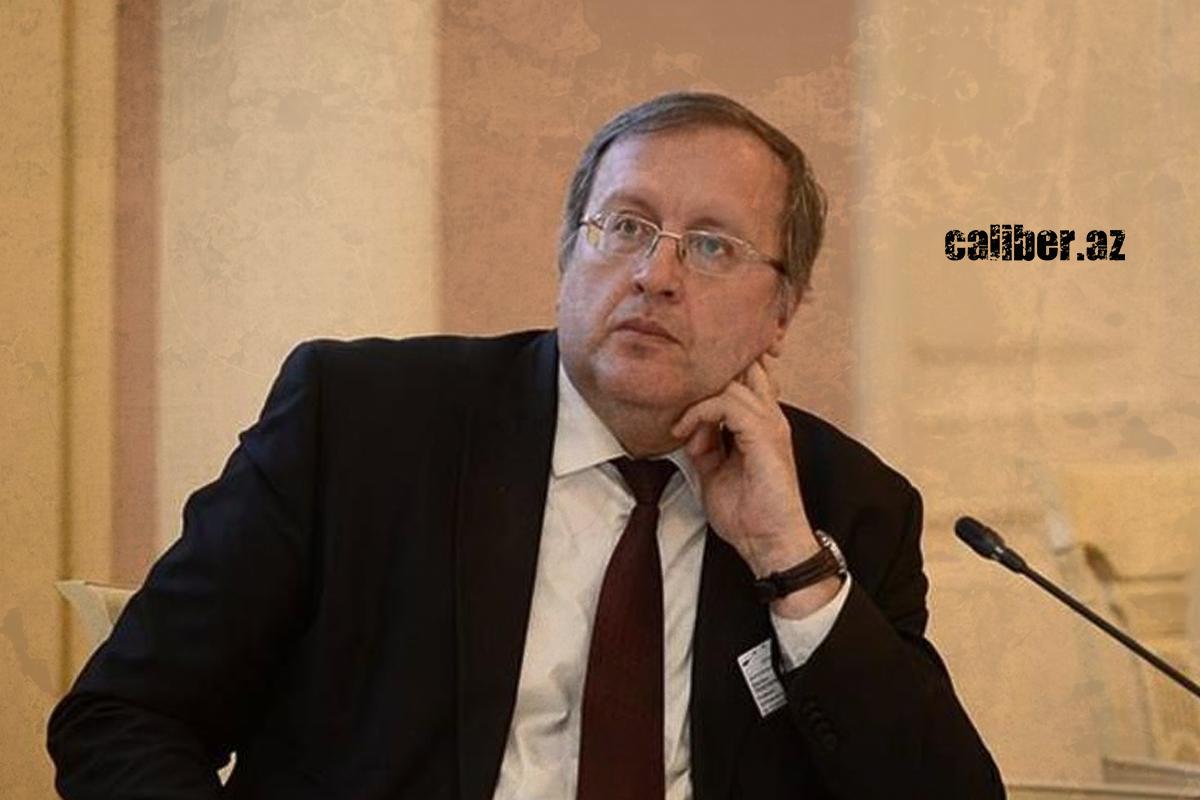Georgia’s "imported" president: Will Zourabichvili's exit mark the end of her influence? Expert insights on Caliber.Az
It seems that the West is gradually coming to terms with the fact that the results of Georgia's parliamentary elections will ultimately have to be accepted. This shift in perspective is evident from the growing focus on the future of outgoing President Salome Zourabichvili.
After completing her term as President of Georgia, Zourabichvili has been selected to join the 2025 Kissinger Fellow research program at the McCain Institute at Arizona State University.
As noted in the press release, "Zourabichvili will use her vast diplomatic, leadership, and policymaking experience to push for new elections and a democratic path forward in her country."
Following the recent inauguration of Georgia's sixth president, Mikheil Kavlashvili, Zourabichvili declared that she would not step down, citing her belief that the parliament is "illegitimate." Although she left the presidential palace, she continues to refer to herself as the President of Georgia.
So what happens next? Zourabichvili is heading to Arizona, where she will take up a research position at a local university. But can she still claim to be the President of Georgia while working thousands of miles away? Will she be forgotten in Georgia after her departure?
This situation has been explored by prominent commentators, who shared their insights with Caliber.Az.

Political scientist, Director of the Caucasus Center for Islamic Studies, and expert at the Financial University under the Government of the Russian Federation, Shota Apkhaidze, believes that the political situation in Georgia will unfold as follows: the opposition will continue to insist on not recognizing the legitimacy of the new president and the Georgian parliament.
"The crisis will persist, and the polarization of society will not dissipate anytime soon. The West will continue to advocate for early elections.
Initially, Europeans recognized these elections: the OSCE, the Council of Europe, and other organizations. But later, they distanced themselves from their decision and their statements. This crisis will deepen. The opposition is currently taking advantage of a situation where the West, and even the Trump administration, are essentially also opposed to the Georgian Dream party. By exploiting these sentiments among Western officials, the opposition will seek to apply pressure.
However, the question remains: does the opposition have enough resources to do so? Their resources are quite limited. To some extent, these forces have already been marginalized, but they are still highly effective in using propaganda. What does it involve? The claim is that Georgia is supposedly abandoning its path to European integration. At this point, they are tapping into their strategic 'weapon'—the younger generation, the 'new generation.' By mobilizing this group, they are staging protests in the streets and further deepening the political crisis," the researcher explained.
As for Salome Zourabichvili herself, Apkhaidze believes that she knows exactly what she is doing.
"She is acting purposefully and with careful planning. Her move to the West is not a hasty decision; she is not independent in her actions. Of course, she has support from Western politicians, and they meet with her. This essentially constitutes a recognition of the legitimacy of a president who is no longer technically in office.
Regarding the newly elected president, the West has yet to recognize him, which means there will be a form of 'dual power.' There will be an unofficial president and an official one. The official president, according to the constitution and the law, is the one elected by the Georgian people; the other is Zourabichvili, supported by the opposition and the West. This creates what could be called an international legal anomaly," Apkhaidze explained.

According to Professor Stanislav Tkachenko, Head of the Master's Program in Diplomacy and Doctor of Economic Sciences at St. Petersburg State University, the phenomenon of the "imported" president is well known in the post-Soviet space.
"The Baltic states fully experienced this phenomenon in the 1990s and 2000s. Many post-Soviet countries had 'reserve presidents' prepared in case of the success of colour revolutions, although their legitimacy was always zero, and they only influenced domestic political processes during presidential and parliamentary elections.
The success of French citizen Salome Zourabichvili in the 2018 Georgian presidential election can be explained by a combination of unique circumstances: Georgia's attempts to revise the outcomes of the August 2008 war through closer ties with the West, the support of influential forces within Georgia, and the hopes of the Georgian people for EU membership. As we now understand, these circumstances were exceptional, but the election of a French citizen to Georgia’s highest office ultimately prevented those dreams from becoming a reality," the professor explained.
He believes that after the completion of her presidential term, Zourabichvili's path will undoubtedly lead her to the West, the place from which she arrived in Georgia.
"In France and the United States, there are dozens of research institutes that will offer her a good stipend and a platform to speak on current political issues in the South Caucasus and Eurasian regions. After the McCain Institute at Arizona State University, she may find opportunities at think tanks in Washington or California, as well as non-governmental organizations in Europe that combine analytical work with practical efforts to organize 'colour revolutions' and military coups.
Zourabichvili will only be recognized as the President of Georgia by those politicians and activists in Georgia and beyond who are interested in destabilizing the country, turning Georgia into a subject of international relations, which can be described as a 'service kamikaze state.' For such individuals, aligning Georgia with the interests of the Global North is a strategic mission, and no resources should be spared to achieve it. The results of such an approach are clearly visible in the case of Ukraine," the professor remarked.
He believes that the citizens of Georgia will soon forget about Salome Zourabichvili.
"She did little to protect the national interests of her country, openly serving the interests of Western nations, and sought to maintain her power at any cost, including by supporting armed confrontations in the streets of Georgian cities. One day, her support from 59% of voters in the 2018 election will be seen as an 'historical misunderstanding.' And that will be a fair assessment," concludes Tkachenko.








